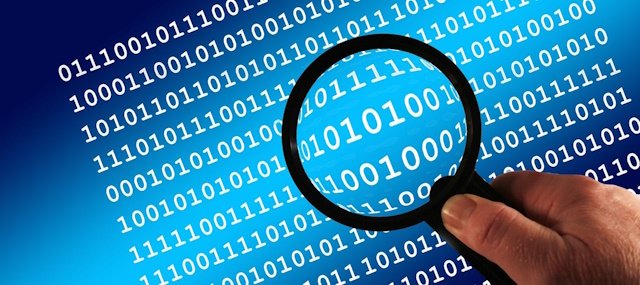
Digital Forensics Foundation Investigators Course
The 3-day Digital Forensics – Foundation for Investigators course provides essential knowledge and practical skills for professionals involved in investigating digital incidents, cybercrimes, and data breaches. Whether you’re starting a career as a digital forensic investigator, cybersecurity analyst, or part of an incident response team, this course equips you with the skills to analyse digital evidence effectively.
Through hands-on exercises using free and open-source tools, the course allows students to develop a foundational understanding of how to conduct a methodical digital forensic investigation.
On the third day students will be engaged in a full day case study focused on data leakage, allowing the student to apply the skills learned throughout the course to solve a real-world scenario.
The course has been designed by experienced forensic investigators ensuring the content is both relevant and practical.
Who Should Attend:
The course is ideal for IT staff or members of an incident response team, cybersecurity analysts or people starting a career as a digital forensic investigator.
Prerequisite:
Must have successfully completed the Digital Forensics – Data Collection for First Responders Course.
Outcome:
This course will provide you with the forensic knowledge and skills necessary to be able to conduct a methodical investigation of various sources of electronic data.
Day 1
- Section 1 – Quick Recap
- Good Practice Guidelines for Digital Evidence
- The 4 Principles of Digital Evidence
- 5 Stages of an Investigation
- Section 2 – Understanding Hard Drive Terminology
- Traditional Hard Drives
- SSD Hard Drives
- Understanding Hard Drive Terminology
- Unified Extensible Firmware Interface (UEFI)
- GUID Partition Table (GPT)
- Section 3 – File Systems & Data Storage
- NTFS File System
- Data Storage
- Introduction to Metadata
- NTFS Encryption
- Section 4 – Forensic Analysis Techniques
- Analysis Environments
- Case Preparation
Day 2
- Section 4 – Forensic Analysis Techniques (Continue)
- File/Folder Recovery
- File Signatures
- Data Carving
- Data Reduction Methods
- Corroborating Evidence
- Section 5 – Windows Forensics Artefacts
- Windows Registry
- USB Forensics
- Identifying Sources of Evidence
- Internet History
- Prefetch Files
- Identifying Installed Software
- Volume Shadow Copies
- Identifying Executed Programs
- Link File Analysis
- Searching the Registry
- Event Logs
Day 3
- Section 6 – Case Study- Data Leakage Exercise
- Case Study – Data Leakage Exercise (Full Day)

